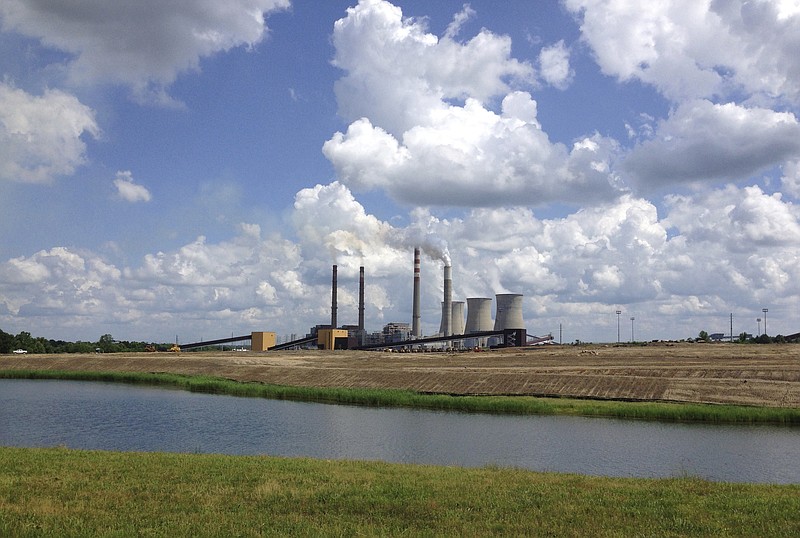The Tennessee Valley Authority has the ability to make both fossil-fuel advocates and green power proponents mad. It must be doing something right.
On Thursday, the federal utility decided to close two of its coal power plants over the next four years, vexing President Donald Trump, who had lobbied to keep them open, and their home-state congressional representatives in Kentucky and Tennessee.
Only 14 months ago, frustrating clean energy advocates, TVA declined to move forward on a project that would have brought the Tennessee Valley wind energy across a proposed 700-mile-long power line from the windy areas of Texas and Oklahoma.
When the federal utility makes long-term decisions on power generation, it must balance what it believes its power needs will be with the cost of the power (and its administration and delivery). Board members and power generation officials rely on research to help them make the decisions, but they also must be minor fortune-tellers.
In the case of the coal plants, the board felt its nuclear, natural gas and renewable energy sources would be sufficient to fill the utility's needs for what is currently a declining power market. The energy produced versus the cost to produce it did not tip the balance scale on the positive side for the long-term future.
The decision doesn't mean TVA suddenly has abandoned coal; it still has 27 coal units running. It's just that at this time in this market these particular plants don't make sense.
"TVA has more than enough capacity to meet the load without [coal plants] Paradise and Bull Run ... ," outgoing TV President Bill Johnson said. "We can retire these plants without any impact on the reliability and resilience of our system."
Unfortunately, 267 jobs will be lost at the plants, and more with suppliers, but utility officials said employees not eligible to retire could be offered jobs elsewhere.
It was a similar decision with the wind energy project. While the utility debuted the first commercial-scale wind project in the Southeast in 2001, and expanded it in 2004, and though it buys wind energy from nine wind farms throughout the Midwest, it did not feel the project with Houston-based Clean Line Energy Partners was the right project at the right time.
If wind energy eventually becomes more cost-efficient after federal production tax credits are removed by 2020, the utility undoubtedly will look into broadening its use of the energy then.
We have appreciated that TVA has taken a syncretist attitude toward its power sources, combining and blending them in the right mix to offer its customers both low cost and efficient energy. We hope that direction continues.
